“Depression is not brought on by anything a woman
has or has not done, and it is not something she can
“snap out” of. Most women need treatment to feel better”.1
Umbrella
What may the Depression and Women Umbrella include?
Depending on the Source (DotS) this Umbrella may include:
- Black Dog
- Clinical Depression
- Depression
- Depression the Serious Clinical Illness
- Depressive Disorder/Episode/Illness
- Dysthymia
- Dysthymic Disorder
- Major Depression
- Major Depressive Disorder/Episode/Illness
- Minor Depression
- Nervous Breakdown
- Persistent Depressive Disorder (PDD)
- Unipolar Depression
Definition
What is depression?
DotS the definition of depression may vary. The World Health Organization’s (WHO) definition is:
Depression is different from regular mood changes and feelings about everyday life. It can affect all aspects of life, including relationships with family, friends and community. It can result from or lead to problems at school and at work.
Depression can happen to anyone. People who have lived through abuse, severe losses or other stressful events are more likely to develop depression. Women are more likely to have depression than men”.2
Women
In women, how common is depression?
In Depressive Disorder (Depression): Key Facts the WHO note:
- “More women are affected by depression than men”.3
In Women the (Australian) Beyondblue elaborate on:
In fact, around 1 in 6 women in Australia will experience depression and 1 in 3 women will experience anxiety during their lifetime. Women also experience post-traumatic stress disorder (PTSD) and eating disorders at higher rates than men”.4
Symptoms
In women, what can be symptoms of depression?
In Depression In Women: 4 Things To Know – 2. Depression Has Signs and Symptoms To Look Out for the (United States) National Institute of Mental Health explain:
- Anxiety or irritability
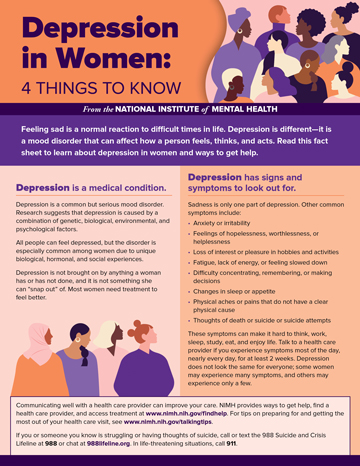 Feelings of hopelessness, worthlessness, or helplessness
Feelings of hopelessness, worthlessness, or helplessness- Loss of interest or pleasure in hobbies and activities
- Fatigue, lack of energy, or feeling slowed down
- Difficulty concentrating, remembering, or making decisions
- Changes in sleep or appetite
- Physical aches or pains that do not have a clear physical cause
- Thoughts of death or suicide or suicide attempts
These symptoms can make it hard to think, work, sleep, study, eat, and enjoy life. Talk to a health care provider if you experience symptoms most of the day, nearly every day, for at least 2 weeks. Depression does not look the same for everyone; some women may experience many symptoms, and others may experience only a few”.5
Anxiety
Is there an association between anxiety and depression?
In Depression: Depression and Anxiety Disorders: Not the Same the Anxiety and Depression Association of America elaborate on:
Many people who develop depression have a history of an anxiety disorder earlier in life. There is no evidence one disorder causes the other, but there is clear evidence that many people suffer from both disorders”.6
Perimenopause
Is there an association between perimenopause and depression?
In Depression In Women: 4 Things To Know – 3. Certain Types of Depression Are Unique To Women the NIMH note:

- “Perimenopausal depression affects some women during the transition to menopause. Whereas abnormal periods, problems sleeping, mood swings, and hot flashes are common during the menopause transition, more extreme feelings of irritability, anxiety, sadness, or loss of enjoyment may be signs of depression”.7
Menopause
Is there an association between menopause and depression?
In Symptoms of Menopause: Mood & Emotional Health the (Australian) Jean Hailes for Women’s Health (JH) elaborate on:
Women who have a history of depression or premenstrual syndrome (PMS) may be more likely to develop depression during this time”.8
Treatment
How can depression be treated?
In Depression: How Is Depression Treated? the NIMH elaborate on:
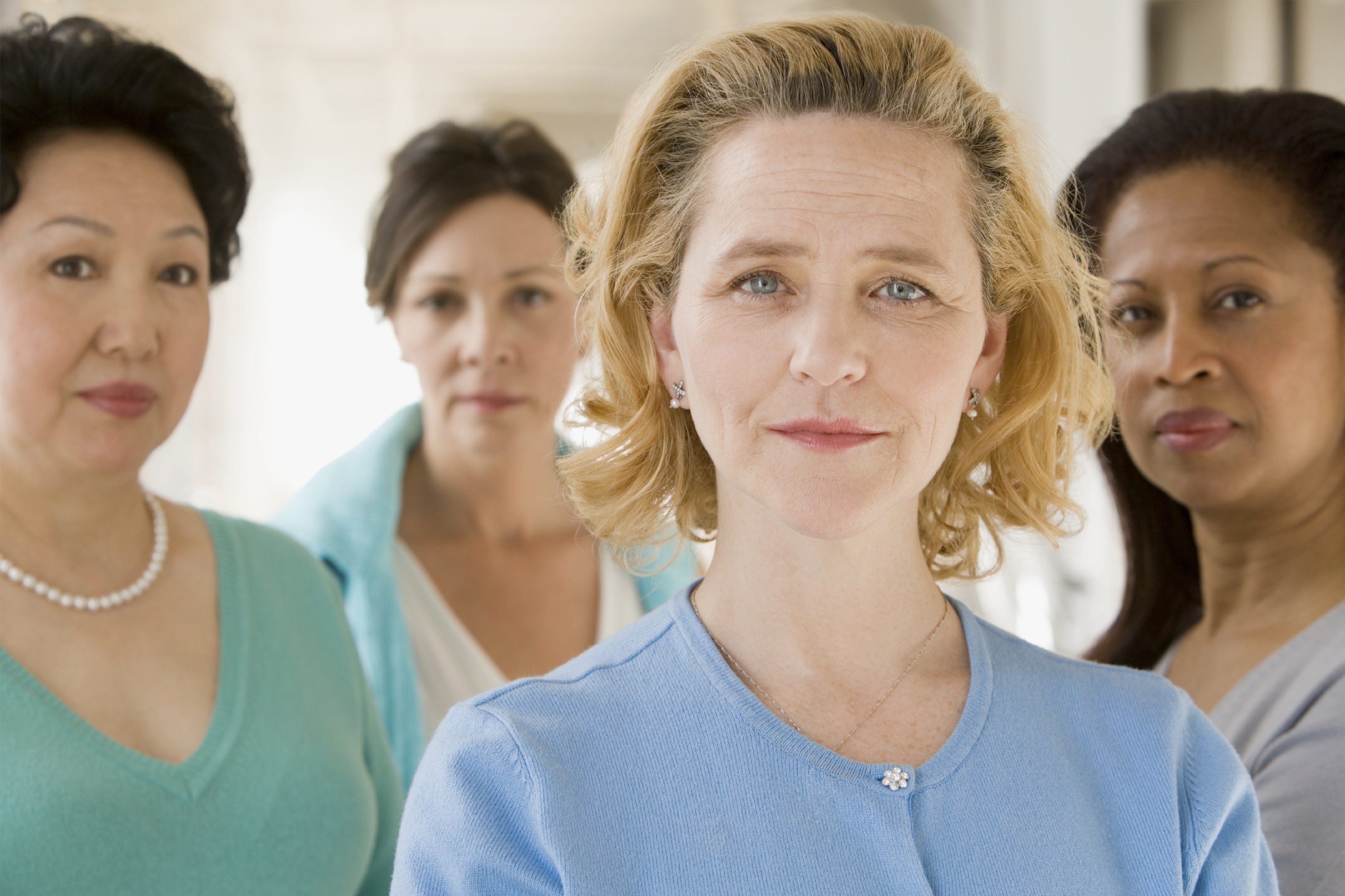
“Depression, even the most severe cases, can be treated. The earlier treatment begins, the more effective it is. Depression is usually treated with medication, psychotherapy, or a combination of the two”.9
In Depression: Treatment and Therapies the NIMH also include:
Online Resources, Programs, Apps and e-Therapies
Are depression online resources, programs, Apps and e-therapies available?
Depending on your Country, depression online resources, programs, Apps and e-therapies may be available.
Your health care provider or local community health center may know of your Country’s recommended depression online resources, programs, Apps and e-therapies, similar to the (Australian) Government Department of Health and Aged Care thiswayup.org.au: Therapy on Demand
Health Care Provider
What if I think I have depression?
If you think you have depression, it may be in your best interest to choose to talk to your health care provider about this urgently.
In Depression In Women: 4 Things To Know – 1. Depression Is A Medical Condition the NIMH explain:
“Depression is not brought on by anything a woman has or has not done, and it is not something she can “snap out” of. Most women need treatment to feel better”.11
In Find A Mental Health Professional: Finding the Right Professional for You the (Australian) Beyondblue note:
Health Topics A-Z
Where may I find Health Topics A-Z related to Depression and Women?
In Health Topics A-Z you may find:
Links
Where may I find Links related to Depression and Women?
Your Country may have Links similar to:
Links
This Links List to third party websites is neither comprehensive nor exhaustive. Inclusion on this Links List does not imply endorsement or recommendation. Non-inclusion on this Links List does not imply non-endorsement or non-recommendation. Third party websites are not under the control of Meno Martha International Menopause Directory. Third party websites may contain explicit medical images and/or sexual references. Please read Meno Martha International Menopause Directory’s Links Policy before proceeding to a Link. Please contact Webmaster if you experience a problem with a Link.New or Updated
- Can Menopause Cause Depression?
- Depression In Women: 4 Things To Know
- Exercise for the Treatment of Depression [14 February 2024]
- Exercising Your Way Out of Depression [15 February 2024]
- Video Series-2023: Premature and Early Menopause
- Video Series-2024: Preparing for Your Menopause Health Care Visit
- 4 Benefits of Sleep Meditation and How To Do It
- Alcohol and Stress
- Antidepressants
- Anxiety and Depression Association of America
- Anxiety vs. Depression: Which Do I Have (or Is It Both)?
- Anxietyuk.org.uk
- BMS TV: Menopause Explained
- Beyondblue.org.au
- Boost Your Mood With Mind-Nourishing Food
- Can Menopause Cause Depression?
- Caring for Your Mental Health
- Consumer Health: It’s Bad To Mix Antidepressants and Alcohol
- Consumer Health: What Do You Know About Seasonal Affective Disorder?
- Consumer Health: What Is Mental Health?
- Depression
- Depression
- Depression
- Depression
- Depression
- Depression (Major Depressive Disorder) [+ Video Courtesy: Mayo Clinic News Network]
- Depression In Women: 4 Things To Know
- Depression Screening
- Depression [+ Video]
- Depressioncenter.org: Depression Toolkit
- Depressive Disorder (Depression)
- Diet and Mental Health
- Dr. Louise Newson Breaks Down The Menopause & Lisa Snowdon Shares Her Experience | This Morning
- Emotional Wellness In Menopause
- Exercise for Depression
- Exercise for the Treatment of Depression
- Exercising Your Way Out of Depression
- Facebook Live Event: The Menopause Transition and Depression
- Factors Affecting Women
- Find Help: Finding Help Is the Key To Taking Charge and Moving Forward
- Find A Menopause Practitioner [United States and Other]
- Find An AMS Doctor [Australasian Menopause Society i.e. Australia and New Zealand]
- Find Your Nearest BMS Menopause Specialist [British Menopause Society]
- FindTreatment.gov [United States]
- Finding A Mental Health Professional
- Finding the Right Mental Health Professional for You
- Getting Help [United Kingdom]
- Headstogether.org.uk [Heads Together, United Kingdom]
- Headtohealth.gov.au: Head To Health [Australia]
- Help for Mental Illnesses [United States]
- How Mindfulness Meditation Improves Mental Health
- How Right Now
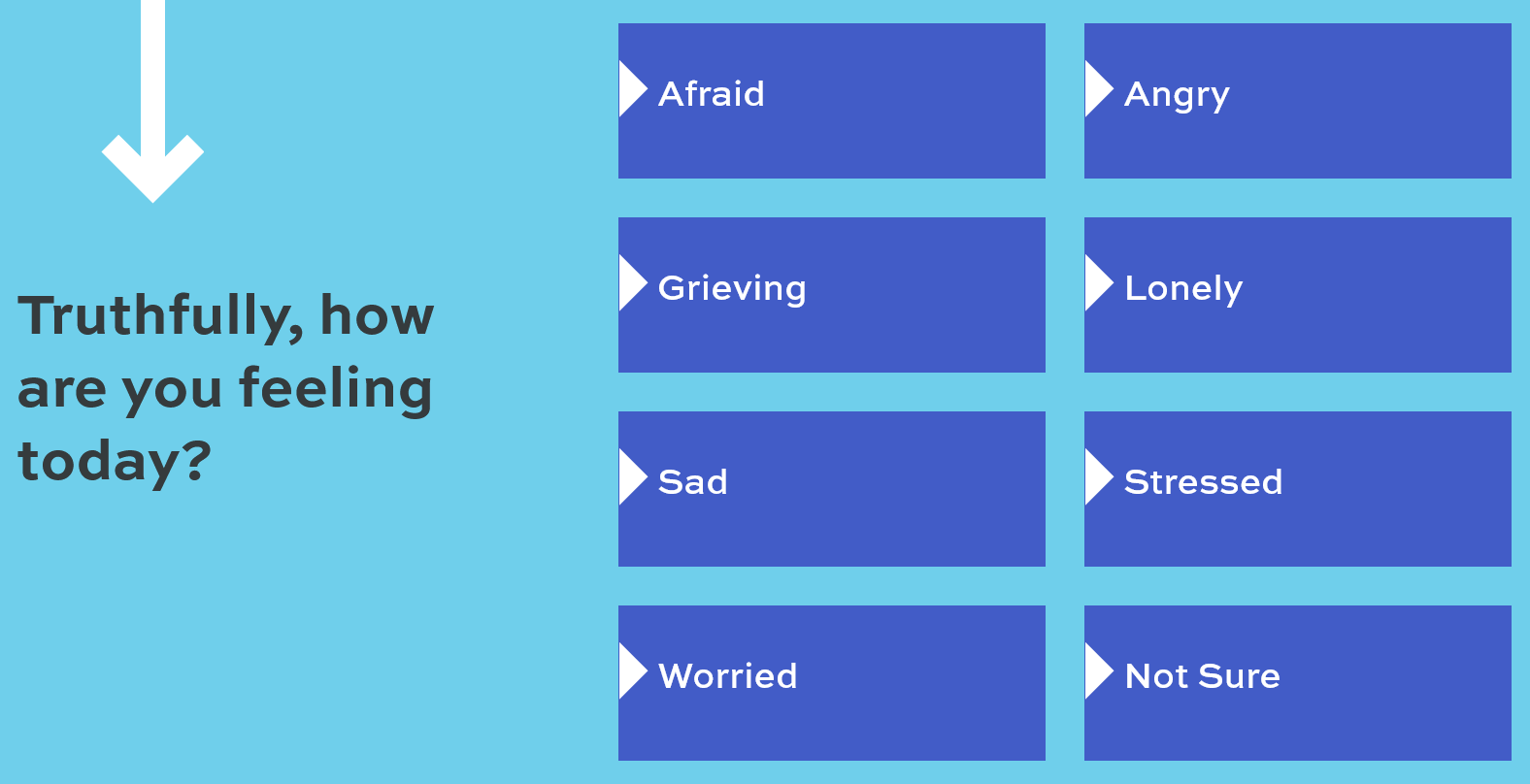
- How To Choose the Best Mental Health App for You
- How To Improve Mental Health
- How To Look After Your Mental Health
- How To Look After Your Mental Health Using Exercise
- Later Years (Around 50 Years and Over): Menopause and Post Menopause Health – Menopause and Your Mental Wellbeing [+ Video: Menopause Only Affects You Physically!]
- Lesbian, Gay, Bi, Trans, Intersex (LGBTI), and Bodily, Gender and Sexuality Diverse People
- Low Mood, Sadness and Depression [+ Audio: Low Mood and Depression]
- Mastering Midlife Mood Changes with Marlene Freeman, MD
- Mayo Clinic Q and A: 5 Ways To Get Better Sleep
- Mayo Clinic Q and A: Can Ashwagandha Supplements Help With Stress and Anxiety Relief?
- Menopause Map: Downloadable Resources – My Personal Path Print Tools: Questions for Your Health Care Provider

- Menopause Mindfulness: Embracing the Change of My Midlife
- Menopause Preparedness Toolkit Video Series: Mindfulness & Wellbeing During the Menopause Transition
- Menopause Preparedness Toolkit: A Woman’s Empowerment Guide
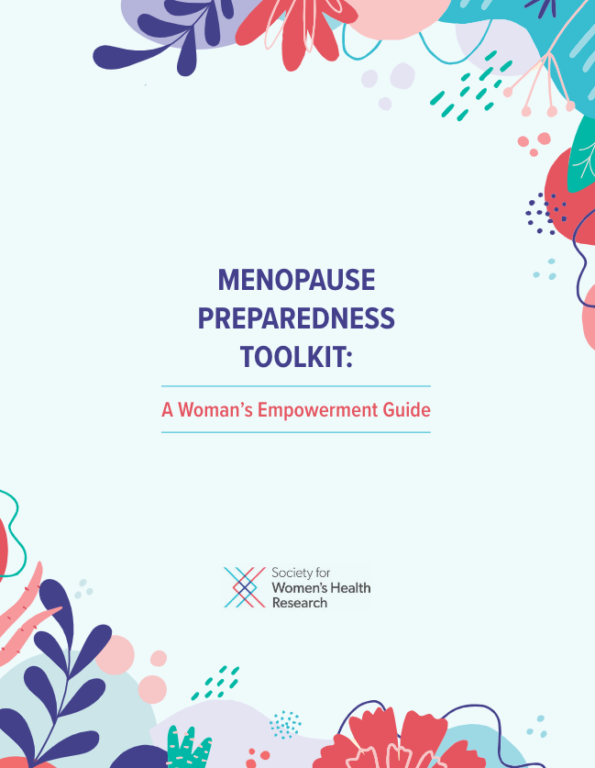 Menopause What Are the Symptoms?
Menopause What Are the Symptoms?- Menopause and Depression
- Menopause and Mental Health
- Mental & Emotional Wellbeing
- Mental Health
- Mental Health: Mental Health Self Help Guides
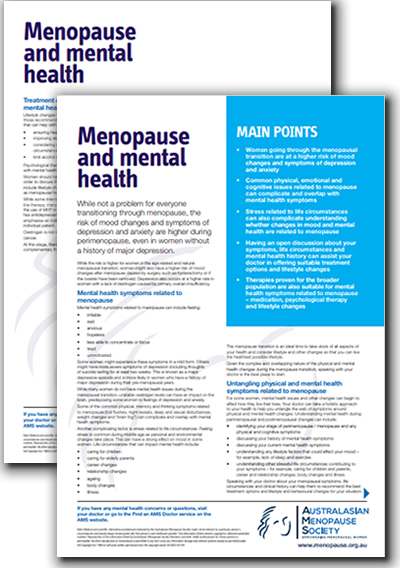 Mentalhealth.org.uk
Mentalhealth.org.uk- Mentalhealthatwork.org.uk [Mental Health At Work, United Kingdom]
- Mhanational.org [Mental Health America]
- Mood and the Menopause
- Moodgym.com.au
- Mycompass.org.au
- Nami.org [National Alliance on Mental Illness, United States]
- National Center for Complementary and Integrative Health: Depression
- National Center for Complementary and Integrative Health: Herbs At A Glance
- National Center for Complementary and Integrative Health: How Safe Is This Product or Practice?
- National Center for Complementary and Integrative Health: Valerian
- National Institute of Mental Health: Depression
- Nervous Breakdown: What Does It Mean?
- Office of Dietary Supplements: Vitamin B6
- Probiotics May Help Boost Mood and Cognitive Function
- Samhsa.gov [Substance Abuse and Mental Health Services Administration, United States]
- Self-Help Tool: Menopause and Mental Wellbeing
- Should You Try An L-Tyrosine Supplement? A Look at Its Benefits and Side Effects
- Sleep, Food, Exercise, Stress: Why Working on One of These Can Improve the Others
- Support From A Health Professional
- Symptoms of Menopause: Mood & Emotional Health
- Take Action Before the Blues Take Over
- Talk With Your Doctor About Depression
- Tips To Help Manage Menopause Symptoms
- Top Tips To Improve Your Mental Wellbeing
- Treatments for Anxiety
- Treatments for Depression
- Types of Talking Therapies
- Understand the Facts: Understanding the Facts of Anxiety Disorders and Depression Is the First Step
- Video Series-2023: Premature and Early Menopause
- Video Series-2024: Preparing for Your Menopause Health Care Visit
- Videos and Podcasts: Videos – Interviews: The Menopause Blues
- What Is Depression?
- Why Depression In Women Is So Misunderstood
Sources
Where may I find the Sources quoted?
You may find the Sources quoted at:
Sources
- Depression In Women: 4 Things To Know – 1. Depression Is A Medical Condition. Revised 2023. National Institute of Mental Health https://www.nimh.nih.gov/health/publications/depression-in-women/index.shtml#pub3 Accessed: 31 January 2024
- Depressive Disorder (Depression): Overview. 31 March 2023. World Health Organization https://www.who.int/en/news-room/fact-sheets/detail/depression Accessed: 31 January 2024
- Depressive Disorder (Depression): Key Facts. 31 March 2023. World Health Organization https://www.who.int/en/news-room/fact-sheets/detail/depression Accessed: 31 January 2024
- Women. Beyondblue https://www.beyondblue.org.au/who-does-it-affect/women Accessed: 25 August 2023
- Depression In Women: 4 Things To Know – 2. Depression Has Signs and Symptoms To Look Out for. Revised 2023. National Institute of Mental Health https://www.nimh.nih.gov/health/publications/depression-in-women/index.shtml#pub3 Accessed: 31 January 2024
- Depression. This Page was Updated: 22 January 2024. Anxiety and Depression Association of America https://www.adaa.org/understanding-anxiety/depression Accessed: 31 January 2024
- Depression In Women: 4 Things To Know – 3. Certain Types of Depression Are Unique To Women. Revised 2023. National Institute of Mental Health https://www.nimh.nih.gov/health/publications/depression-in-women/index.shtml Accessed: 31 January 2024
- Symptoms of Menopause: Mood and Emotional Health. Last Updated: 19 January 2024 | Last Reviewed: 19 August 2022. Jean Hailes https://www.jeanhailes.org.au/health-a-z/menopause/menopause-symptoms#mood-and-emotional-health Accessed: 31 January 2024
- Depression: Treatment and Therapies. Last Reviewed: September 2023. National Institute of Mental Health https://www.nimh.nih.gov/health/topics/depression/index.shtml#part_145399 Accessed: 31 January 2024
- Depression: Treatment and Therapies. Last Reviewed: September 2023. National Institute of Mental Health https://www.nimh.nih.gov/health/topics/depression/index.shtml#part_145399 Accessed: 31 January 2024
- Depression In Women: 4 Things To Know – 1. Depression Is A Medical Condition. Revised 2023. National Institute of Mental Health https://www.nimh.nih.gov/health/publications/depression-in-women/index.shtml#pub1 Accessed: 31 January 2024
- Find A Mental Health Professional: Finding the Right Professional for You. Beyondblue https://www.beyondblue.org.au/get-support/find-a-mental-health-professional Accessed: 31 January 2024



